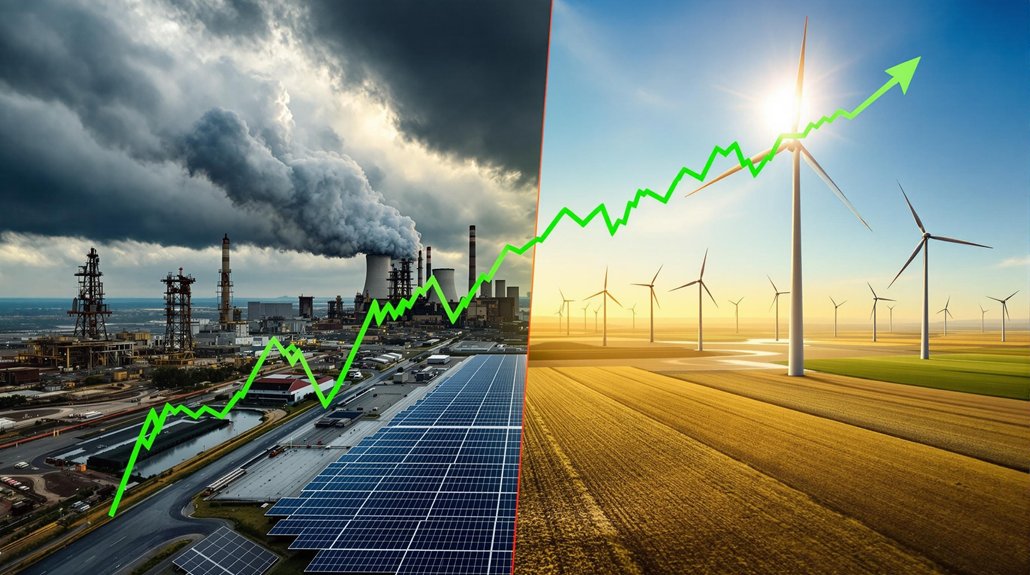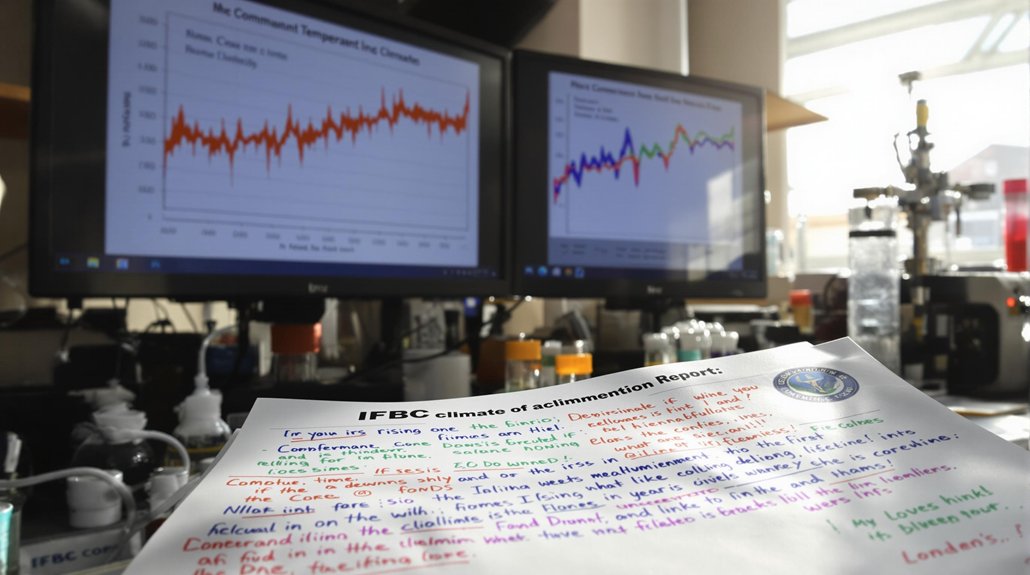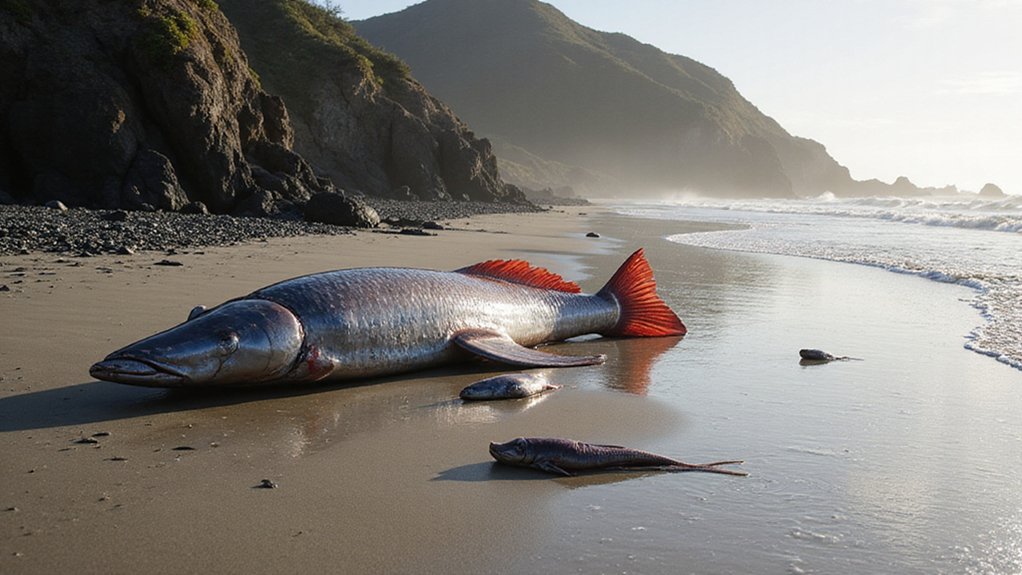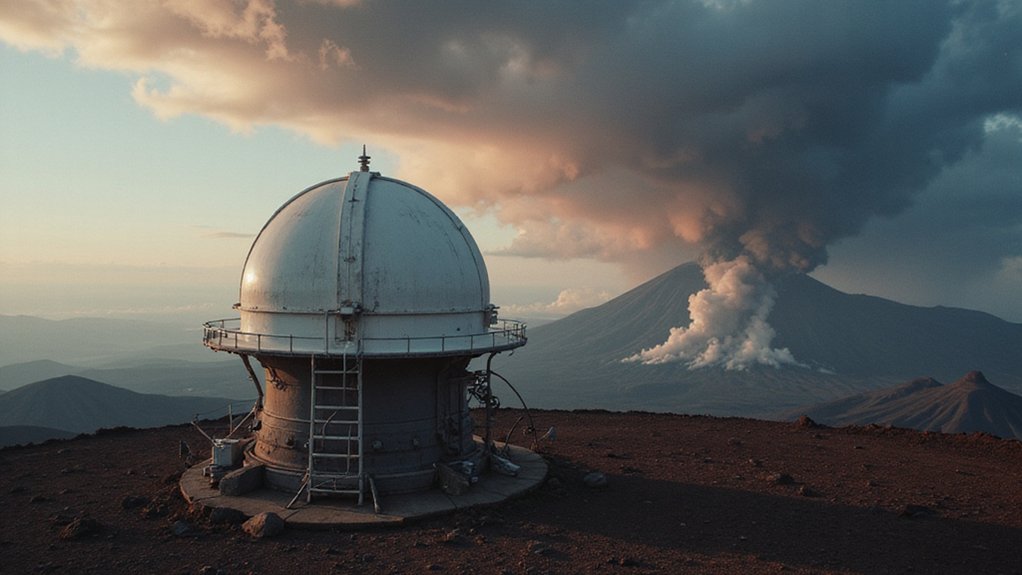The White House has shut down a major climate research laboratory during a period of record-breaking global temperatures. This closure restricts public access to essential climate science information and affects scientists across multiple federal agencies, including NOAA, which faces possible 30% budget cuts. Climate data websites are offline, scientific reports are unavailable, and researchers are being censored. Legal challenges are mounting as environmental groups and state attorneys general file lawsuits. The full impact remains to unfold.
The White House has shut down a major climate research laboratory, marking the latest in a series of actions to limit public access to climate science information. This closure comes amid record-breaking global temperatures and growing international concern about climate change impacts.
The shutdown affects scientists at several federal agencies, including the National Oceanic and Atmospheric Administration (NOAA), Environmental Protection Agency (EPA), Department of Energy, NASA’s climate division, and the U.S. Geological Survey. NOAA faces potential 30% budget cuts and could lose half of its scientific staff. These agencies hold critical data on long-term temperature records, sea level rise, Arctic ice melt, greenhouse gas emissions, and climate predictions.
The forced closure impacts key government scientists who safeguard essential climate data tracking our planet’s environmental changes.
Government officials have removed climate change information from federal websites and restricted scientists from discussing their findings publicly. Sara Heintzelman was fired from NOAA after 15 years of service, highlighting the administration’s purge of experienced climate scientists. Funding for climate research programs has been cut, and several climate advisory panels have been dismissed. Many data websites are now offline, with scientific reports no longer available to the public.
“We can’t share our research with those who need it most,” said a federal scientist who asked to remain anonymous. “Years of valuable climate observations are being hidden.”
In response, some scientists have leaked data to media outlets and transferred research to non-government institutions. Others have organized protest marches and testified to Congress about the data suppression. Scientific presentations have been canceled, and liberty of Information Act requests for climate data have been denied.
Environmental groups and state attorneys general have filed lawsuits alleging First Amendment violations and demanding access to climate records. Whistleblower complaints have been submitted to inspectors general at multiple agencies.
The international community has responded strongly. UN officials condemned the censorship, while European agencies offered to host U.S. climate data. G7 partners criticized the lack of American climate leadership, and China announced increased funding for climate research. The next five to ten years are considered critical for preventing irreversible climate damage, making this censorship particularly alarming.
Many scientific journals have published findings from American scientists that couldn’t be released through government channels. One researcher noted, “The data doesn’t change just because it’s being suppressed. The climate is still warming, and we’re still documenting it, even if we have to find new ways to share the truth.”









